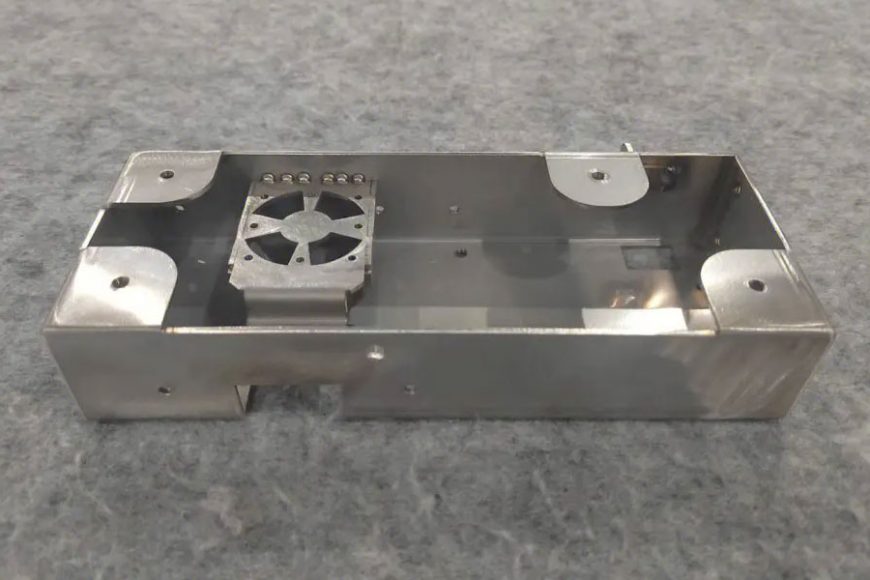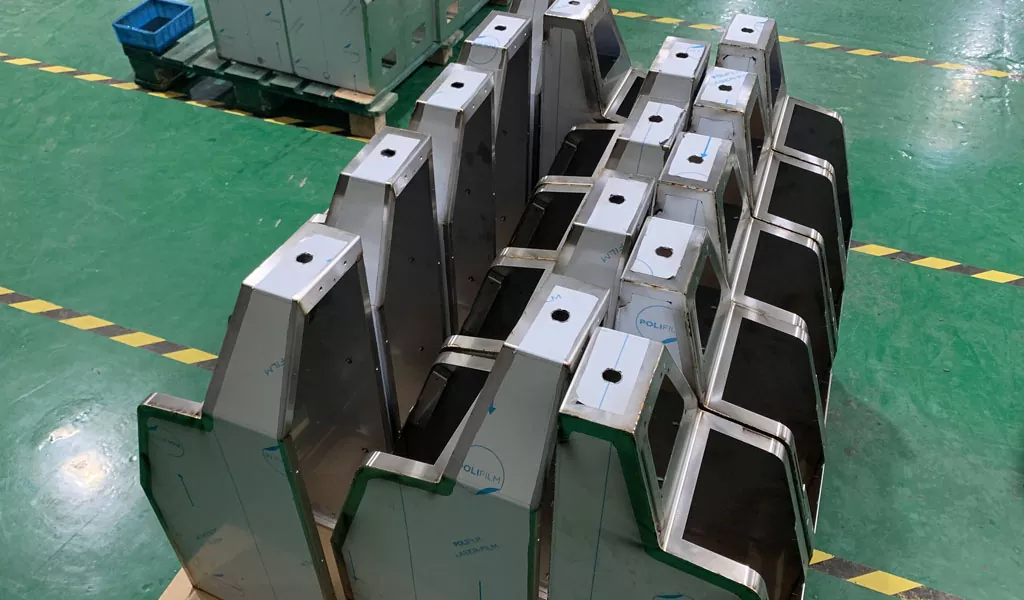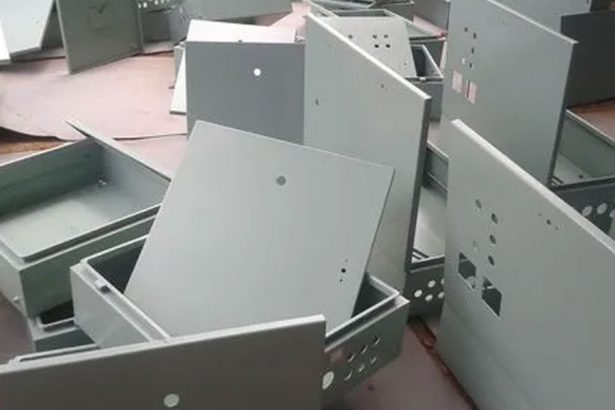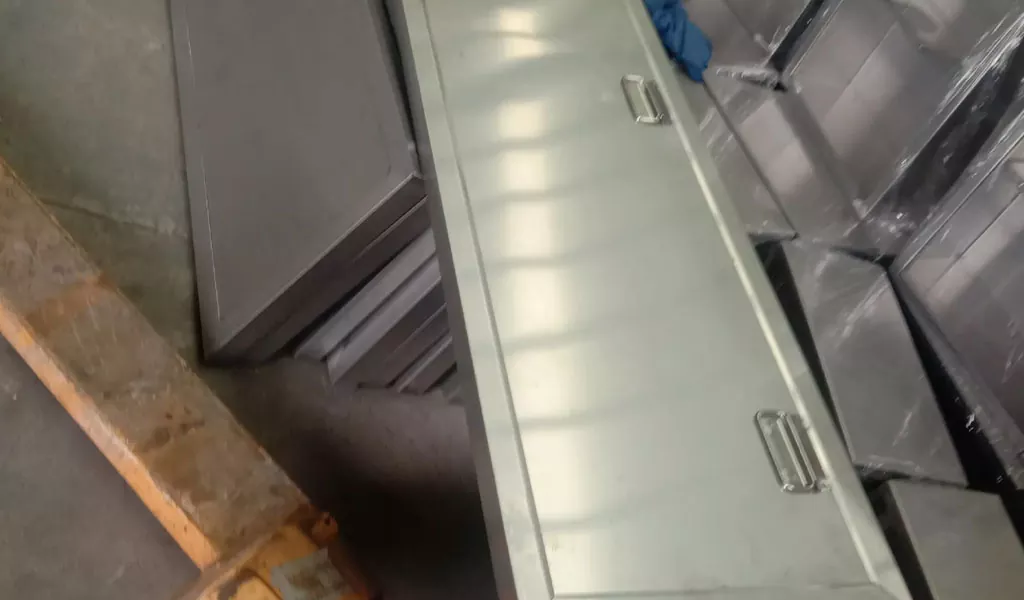Sheet metal bending is a fundamental skill in various industries, from automotive to construction and beyond. Whether you’re a DIY enthusiast or a professional fabricator, understanding how to bend sheet metal accurately and efficiently is crucial. In this comprehensive guide, we will walk you through the process of bending sheet metal, providing valuable tips, techniques, and safety precautions to help you achieve excellent results.
Tools and Materials
Before you start bending sheet metal, it’s essential to gather the necessary tools and materials:
- Sheet Metal: Choose the type and thickness of sheet metal that suits your project, such as aluminum, steel, or stainless steel.
- Workbench: A sturdy workbench or table with a smooth, flat surface is essential for supporting the sheet metal during bending.
- Safety Gear: Always wear safety glasses, gloves, and hearing protection to protect yourself from sharp edges and loud noises.
- Measuring and Marking Tools: You’ll need a tape measure, square, and a scribe or pencil for marking cut lines.
- Cutting Tools: Tin snips, electric shears, or a metal-cutting bandsaw for cutting the sheet metal to the desired size.
- Bending Tools: These can include a bench vise, a sheet metal brake, or even simple hand tools like pliers and hammers.
Basic Bending Techniques
- Mark Your Bend Lines: Begin by measuring and marking the bend lines on the sheet metal using a square and scribe or pencil. Ensure your lines are precise and easy to follow.
- Choose the Right Bending Tool: The choice of bending tool depends on your project and the material you’re working with. A sheet metal brake is ideal for precise and consistent bends, while pliers or hammers can be used for smaller or simpler bends.
- Secure the Sheet Metal: Place the sheet metal on the workbench or in a bench vise, ensuring it’s firmly secured to prevent movement during bending.
- Making the Bend: If using a sheet metal brake, position the sheet metal between the bending leaf and clamping leaf. Adjust the tool to the desired angle, then apply pressure to create the bend. If using hand tools, gently but firmly bend the sheet metal along the marked line.
- Check the Angle: Use an angle gauge or protractor to verify the bend angle. Adjust as needed to achieve the desired result.
Advanced Bending Techniques
- Box and Pan Bending: This technique allows for more complex bends and involves using a box and pan brake, which has removable fingers that let you create enclosed or U-shaped bends in the sheet metal.
- Hemming: Hemming involves folding the edge of the sheet metal back on itself. This creates a clean, safe edge while adding rigidity to the workpiece.
- Compound Bends: For projects requiring bends in multiple directions, it’s essential to plan and execute compound bends. These bends often necessitate precision and careful measurements.
Safety Precautions
Safety is paramount when working with sheet metal. Always follow these precautions:
- Wear the appropriate safety gear, including gloves, safety glasses, and hearing protection.
- Be mindful of sharp edges and burrs on the sheet metal to prevent injuries.
- Work in a well-ventilated area if you are welding or using chemicals on the sheet metal.
- Always secure the sheet metal properly to prevent slippage during bending.
Conclusion
Mastering the art of sheet metal bending is a valuable skill that opens up a world of possibilities for creating functional and aesthetically pleasing projects. Whether you’re a beginner or an experienced fabricator, following these techniques and safety guidelines will help you achieve consistent and professional results in your sheet metal bending endeavors. Remember to practice, experiment, and, most importantly, stay safe while honing your sheet metal bending skills.
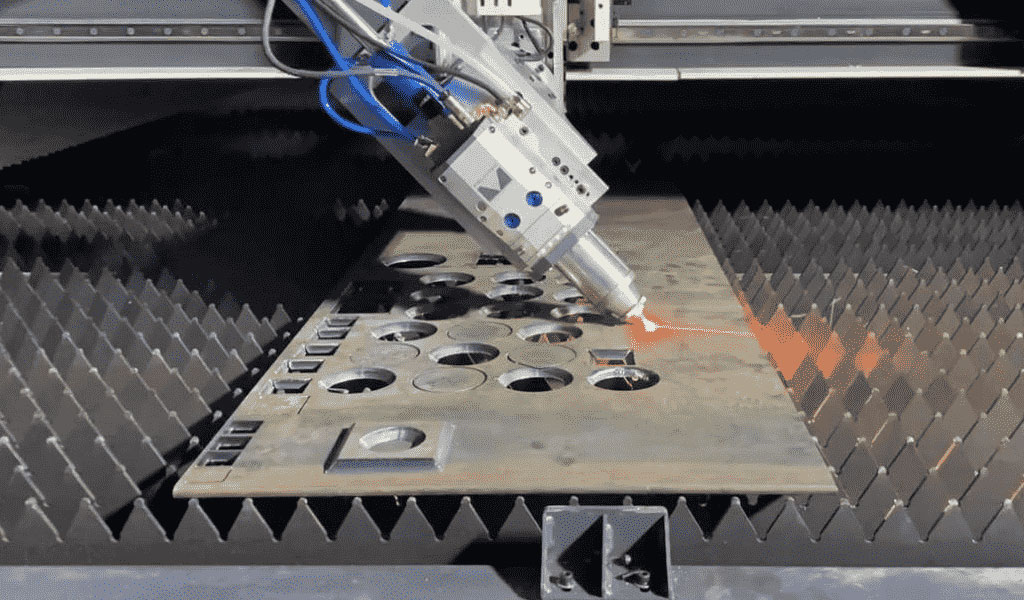
China Sheet Metal Fabrication Manufacturer
Custom precision metal fabrication services. Product specialties include UL® certified NEMA enclosures for various environmental conditions. Capabilities include punching, shearing, laser cutting, bending, machining, press brake forming, and welding. Materials worked with include mild steel, stainless steel, aluminum, brass, and more. Production volumes range from prototype to 10,000 pieces annually. Contract options include discrete orders, blanket orders, quarterly buys, and annual contracts. Value added services include inventory management, rapid prototyping, process development, design for manufacturability, inspection, supply chain management, transportation, and logistics. Industries served include aerospace, automotive, defense, electronic, electrical, entertainment, food and beverage, health, industrial automation, machinery, medical, oil, energy, power, sporting goods, telecommunications, transportation, and more.
using high quality materials
for your sheet metal parts orders
We uses a wide range of material selections for our sheet metal fabrication process. Among our materials are aluminum, stainless steel, brass, magnesium, copper, carbon steel, bronze, galvanized steel, and more. Each material is available in different grades and varieties. Rest assured that all the materials used for your sheet metal parts are durable, corrosion-resistant, long-lasting, rust-proof, wear-resistant, and high-performance. If you want a specific material to be used in the sheet metal fabrication process, don’t hesitate to contact us!
- Carbon Steel
- Stainless Steel
- Aluminum
- Brass
- Copper
- Magnesium
- Bronze
- Galvanized Steel
Why BE-CU is Trusted by 1000+ Clients
Our sheet metal fabrication covers a lot of benefits to many industries, businesses, or projects. Below are the advantages of our services.
- Affordable and Fast Production:We can quickly produce different sheet metal prototypes and final products. KDM offers speedy production while assuring high precision. Our high-volume production also allows us to have cost-effect sheet metal fabrication services.
- Excellent Strength to Weight Ratio:Through our advanced sheet metal fabrication, we can produce sheet metal parts that are lightweight yet durable. We assure high strength, scratch resistance, and corrosion resistance to all produced sheet metal products.
- Wide Range of Materials and Techniques Used:We are experts in different sheet metal fabrication techniques that allow us to produce complex parts with additional intricate features such as notches, slots, holes, etc. Our wide range of sheet metal materials can also withstand electrical, high heat, corrosion, and more.
Online Contact China Precision Sheet Metal Manufacturers
As a direct supplier of precision machined and finished complete components to all segments of the aerospace, semiconductor, automotive, and medical industries, including innovative high tech startups, BE-CU Sheet metal manufacturer is your trusted source for precision sheet metal fabrication services.
To learn more about our aluminum,stainless steel and other steel alloy sheet metal fabrication services, contact us, or give us a call at +86 153 8731 8440, and one of our expert associates will assist you. BE-CU is your trusted source for premium sheet metal fabrication services and metal spinning china manufacturer.

